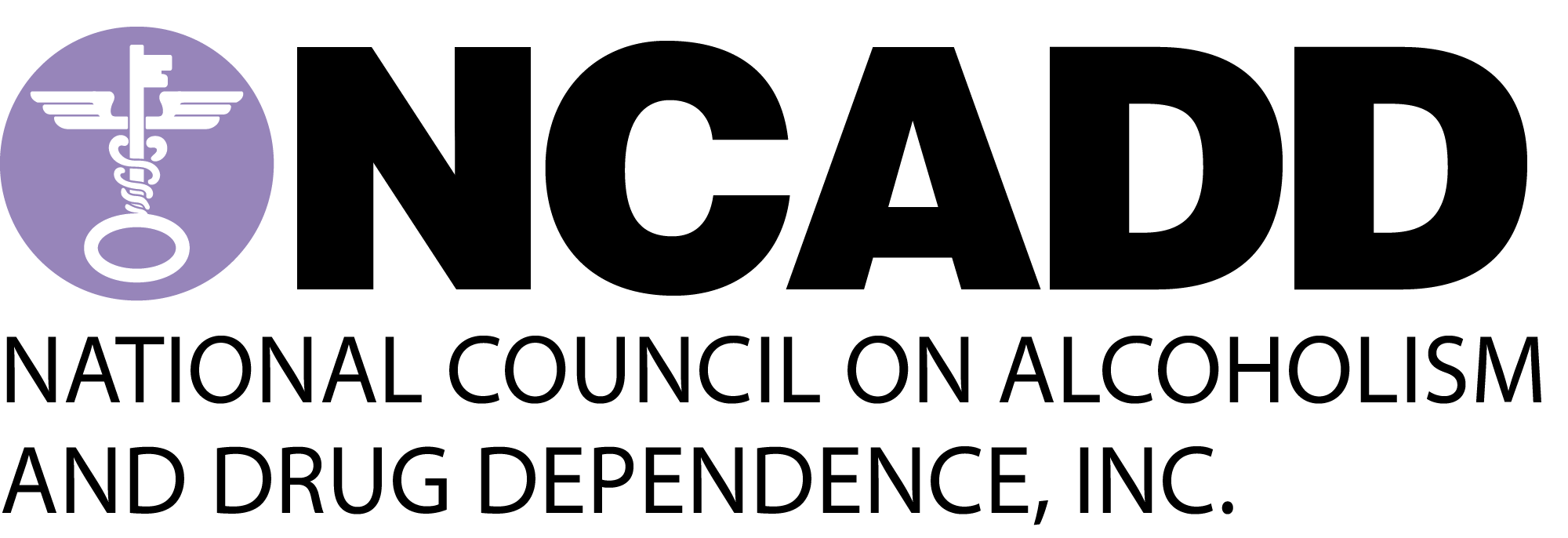Talking to Youth and Young Adults
Strategies for Talking to Youth and Young Adults about Substance Use
As individuals navigate the challenges of growing up, they may encounter the temptation of alcohol and drugs. It’s natural to feel curious or peer-pressured, but it’s essential to recognize the potential risks and consequences of substance use.
Changes in behavior, rumors, or observations of friends or peers may raise concerns about substance use. Additionally, the pressure to fit in or feel like you’re missing out can be overwhelming. It’s crucial to prioritize informed decision-making and responsible choices.
Accessing accurate information and resources can help individuals make informed decisions about substance use. It’s important to acknowledge that substance use can have serious implications for physical and mental health, relationships, and future prospects.
Ultimately, it’s crucial to prioritize self-awareness, self-care, and healthy choices. By doing so, individuals can build resilience and make informed decisions that promote a positive and fulfilling life.
Parents Play a Key Role
It is important to know that parents play a significant role in preventing and dealing with alcohol and drugs. Fostering healthy and responsible attitudes, talking openly and honestly, encouraging supportive relationships, fostering the development of positive interests and showing children that their opinions and decisions matter, are all ways to help prevent the use of alcohol and drugs.
In fact, research has shown that kids who have conversations with their parents and learn a lot about the dangers of alcohol and drug use are 50% less likely to use alcohol and drugs than those who don’t have such conversations.
It can be challenging to develop the communication skills needed to talk with your children about drinking and drugs, but it will be well worth the effort you put into it, as you get to know your children a little better and help them build the coping skills they need to handle the anger, stress, peer pressure, loneliness and disappointment that are part of being a young adult.
Teachable Moments
As an adult, you can be a primary source of positive and reliable information. Taking advantage of “teachable moments” when alcohol or drug issues come up so you can have a frank conversation with them is important. It’s not about “the big talk,” it’s about being there for them when the issues come up on TV, at the movies, on the radio, news events about celebrities or sports figures, about their friends or in conversation. As adults, we have a unique opportunity to make a positive impact on the lives of young adults. By having open and honest conversations with them about the use of alcohol and substances, we can help shape their choices and decisions.Guidelines for Effective Communication
- Listen Before You Speak: Demonstrate attentive listening, as understanding is paramount.
- Foster Open-Ended Conversations: Engage young adults regularly and encourage discussions.
- Stay Involved: Familiarize yourself with the young adult’s social circle and emphasize the importance of holistic well-being.
- Establish Expectations and Consequences: Clearly communicate your stance against alcohol and drug use, outlining potential repercussions for non-compliance.
- Be Honest and Supportive: Show genuine concern the young adult’s experiences and decisions, fostering an environment of trust and openness.
- Maintain a Positive Outlook: Many adults find that discussing alcohol and drugs strengthens their bond with their children and empowers them to make informed choices.
- Acknowledge Family History: By acknowledging the role of family history in addiction, we can break the cycle of shame and stigma. By discussing the genetic predisposition to addiction in a straightforward and matter-of-fact manner, we can empower individuals to take proactive steps towards managing their health, just as they would with other chronic conditions.
